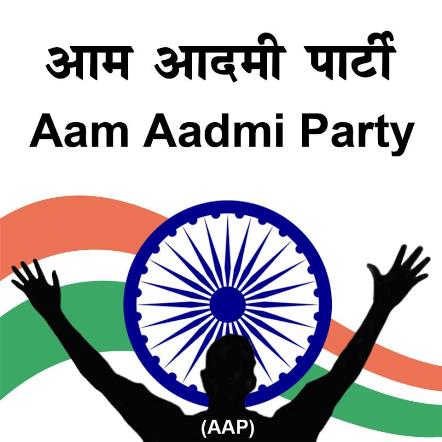It is a given that the pre-poll pitch is raised to a fever by all contestants as the date gets nearer and nearer. And so it is with the Delhi, which goes to the polls on 4 December 2014.
Hitherto, Delhi has witnessed a two-way contest between the Congress and the BJP, with the Congress (currently) retaining power for the third consecutive time.
However, this time, it appears to be a triangular contest between the Congress, the BJP, and the Aam Aadmi Party (AAP) headed by Arvind Kejriwal. It is true that while the AAP seems to have made a significant impact in capturing the imaginations of the Delhi populace, it is equally true that it is an untested political entity. Its true strength will only be revealed after the polls conclude.
But the AAP, which began on a “clean” and “corruption crusader” platform, quickly degenerated into a cesspool of the same things that plague most political parties in India–corruption, lack of transparency in funding, pandering to vote banks, shady deal-making, flinging vile charges against opponents, and so on. While other parties have had decades worth of history in indulging in such decrepit practices, the AAP, which has not fought a single election till date, seems to have outdone these established political players. Of late, the AAP seems to have excelled in mudslinging.
The latest exhibit: slandering Narendra Modi, who is the BJP’s Prime Ministerial candidate and the party’s most popular leader. Indeed, slander is a mild term for what the AAP has done in this case as the following graphic shows:
The wording in the banner, which AAP party workers displayed in public reads as follows:
The 1984 genocide of Sikhs? How does it matter to me?
The import is clear: AAP slanders Narendra Modi by falsely accusing him of being insensitive to the Congress party-perpetrated genocide of Sikhs in 1984, following Indira Gandhi’s assassination. Thus, by falsely insinuating Modi as being callous towards the Sikhs, the AAP has also sought to divide the voters on the lines of community/creed/sect, thereby violating the Election Commission’s Model Code of Conduct.
Sandeep Balakrishna is a columnist and author of Tipu Sultan: the Tyrant of Mysore. He has translated S.L. Bhyrappa’s “Aavarana: the Veil” from Kannada to English.


